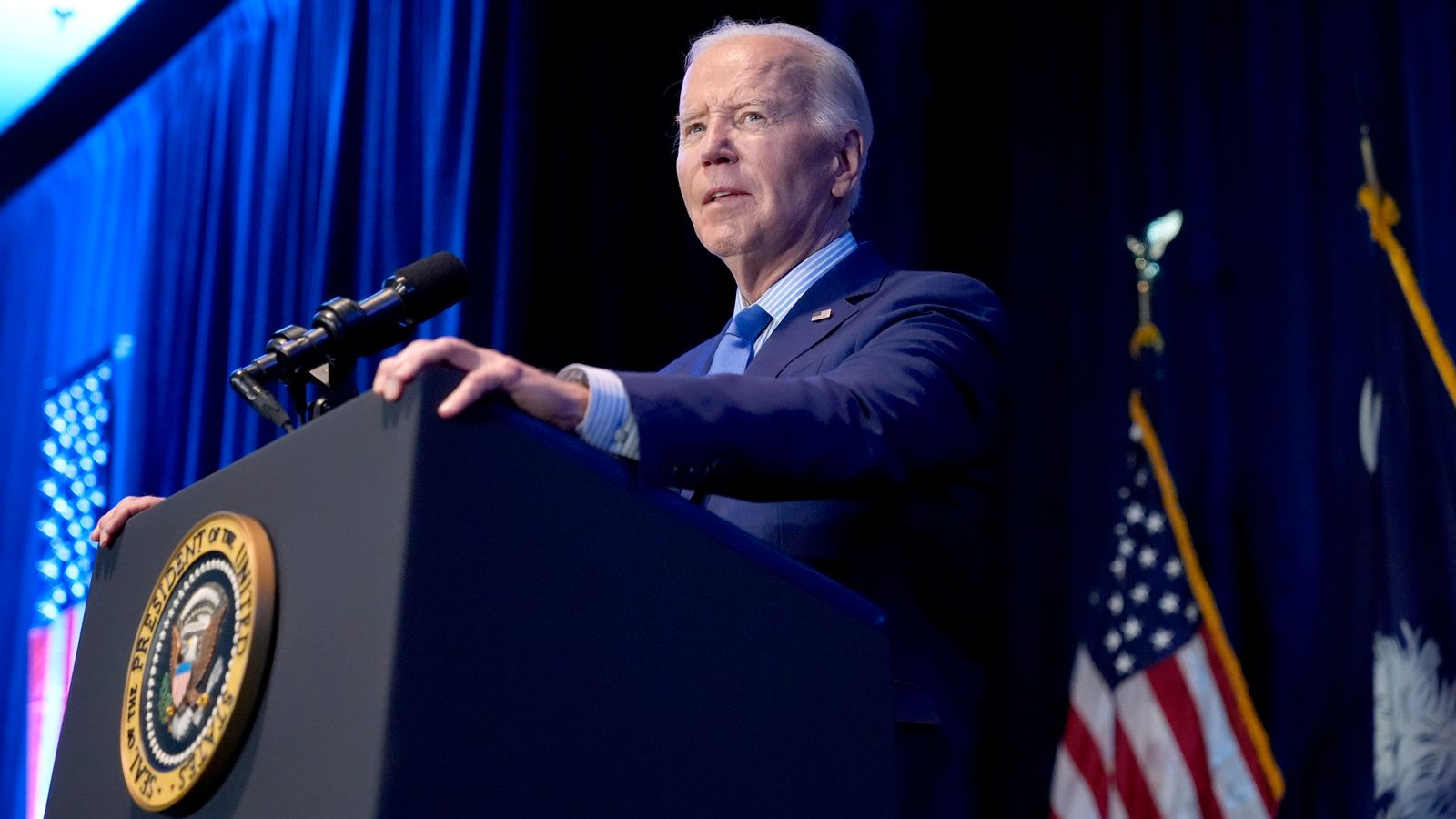Joe Biden won’t face criminal charges over the handling of classified documents, after he portrayed himself as an “elderly man with a poor memory”, said the special counsel.
Robert Hur said President Biden had “wilfully retained and disclosed classified materials” after he was vice president and when he was a “private citizen”, and his actions “present serious risks to national security”.
But the prosecutor said he chose not to bring criminal charges following a 15-month investigation because Mr Biden cooperated and would likely be difficult to convict.
“We have considered that, at trial, Mr Biden would likely present himself to a jury, as he did during our interview of him, as a sympathetic, well-meaning, elderly man with a poor memory,” he wrote in a report.
Former president Donald Trump, who faces a 40-count indictment for retaining classified documents, has criticised the decision as the mark of a “two-tiered system of justice”.
Insisting he “cooperated completely”, Mr Biden, whose vice presidency ended in 2017, welcomed the conclusion and said he agreed to five hours of in-person interviews over the two days following Hamas’s attack on Israel on 7 October last year.
Richard Sauber, special counsel to the president, said mistakes when packing documents while leaving office are “unfortunately a common occurrence” and happened with every administration for the past 50 years.
But he added the White House disagreed with “a number of inaccurate and inappropriate comments” in the special counsel’s report.
The report could embarrass Mr Biden, 81, amid criticism he is too old to serve another four-year term – having also tried to draw a contrast with Mr Trump on personal ethics and national security.
Mr Hur wrote that his memory was “significantly limited” when he was interviewed by members of his prosecution team.
The report claims he could not remember when he was vice president or when his son, Beau Biden, died.
‘Classified stuff downstairs’
The investigation found Mr Biden took classified information about the US war in Afghanistan and other national security matters.
Mr Biden told a writer working on his memoir at a home he was renting in Virginia in February 2017 that he had “just found all the classified stuff downstairs”.
The writer deleted audio recordings of his conversations with Mr Biden after learning about the investigation, Mr Hur said, but he kept transcripts.
Mr Hur’s report said the conversation created “the best case” for charges against Mr Biden, but he also wrote the documents may have been taken to his home while he was vice president, when he had the authority.
Members of Mr Biden’s legal team found the classified papers at the office of his Washington think-tank and his personal residence in Wilmington in Delaware.
What’s the difference with Donald Trump’s case?
In a statement, Mr Trump described the report’s decision as “unconstitutional selective prosecution” as he battles his own case around the seizure of classified files.
While the two cases have similarities, there are also some notable differences.
Mr Trump was charged after prosecutors said he refused for months to turn over boxes of presidential records at his Mar-a-Lago resort in Florida and took steps to conceal the documents after the US government demanded their return.
Read more:
What are the investigations Trump is facing?
Supreme Court sceptical of Trump’s Colorado ban
An FBI search in August 2022 turned up more than 100 classified documents on the property, prosecutors alleged.
He has pleaded not guilty and accused prosecutors of political motivations ahead of a trial scheduled for May, which is likely to be delayed.
Be the first to get Breaking News
Install the Sky News app for free
Mr Biden’s lawyers have said they notified the National Archives after finding a “small number” of classified documents in November 2022.
Additional documents were later found in a garage and library at his Delaware home and turned over to the Justice Department.






















